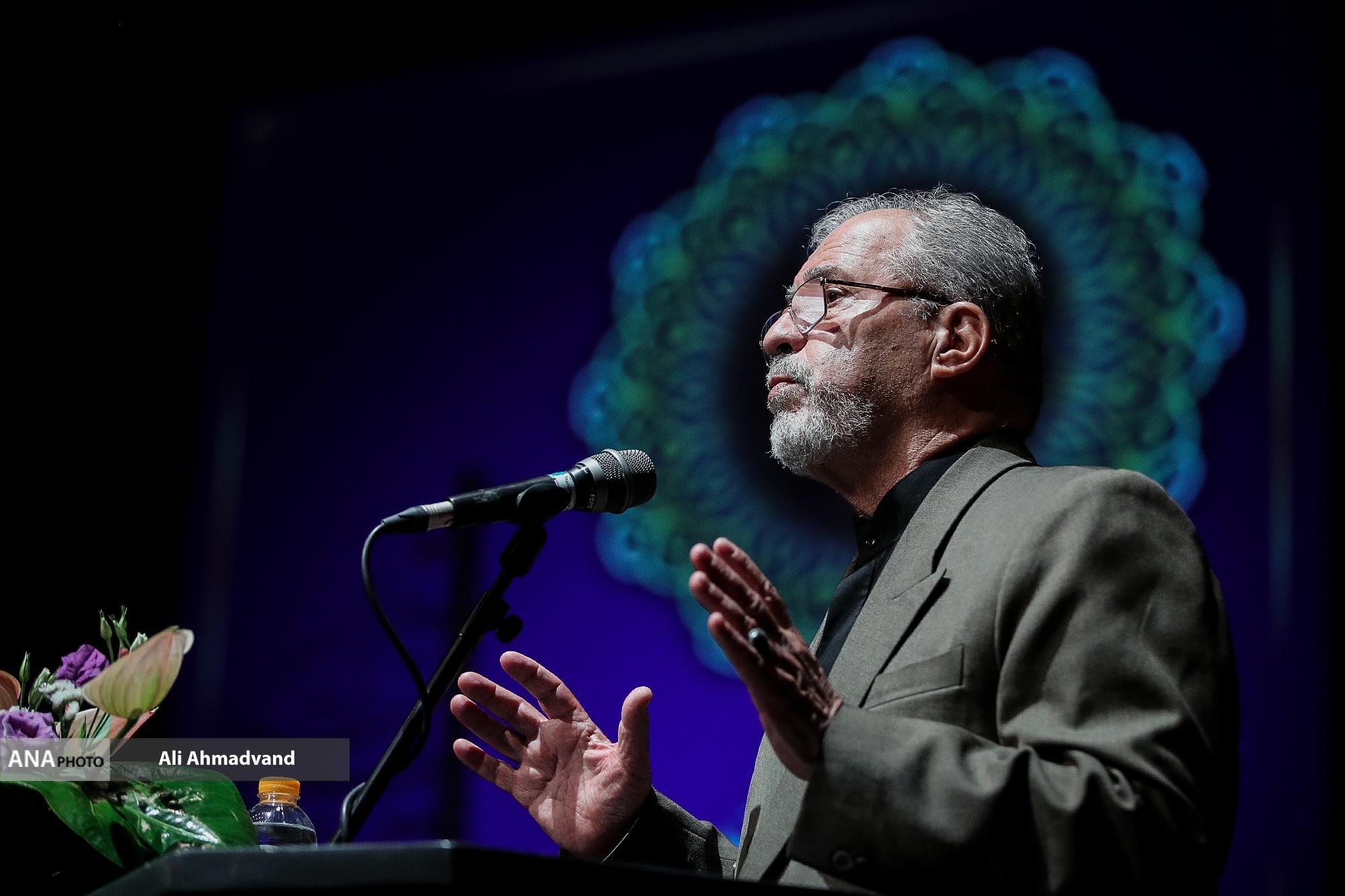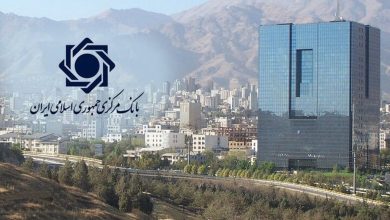According to the culture and society correspondent of the Ana Science and Technology News Agency, Seyyed Jalaluddin Mohammadian, a 75-year-old musical artist, began his official and artistic career in Kermanshah in 1951. In order to get acquainted with the pillars and ranks of authentic Iranian music, he was a student of great masters such as Mohammad Reza Shajarian, Asghar Bahari and Mahmoud Karimi, and he began to collaborate with the group of Saboor Bahari and Mahmoud Karimi in 1951.
In 1958, he performed the famous “Hawaii Watan” with the Shams Tanbour Orchestra, Mazhar Anwar and the Iran Radio Orchestra. In the same year, the song “Baz Hawa Fatanem Arzost” was performed at a concert in Wehdat Hall, and in 1966 his song “Men of God” won the religious and mystical music category. Among his works are the albums “Rijal Allah”, “Crazy Love”, “Rafiq Dil”, “Zadeh Ishg” and “Shirin Shirin”. Less than two weeks ago, this female singer was honored as a pioneer of Iranian music.
Seyyed Jalal Mohammadian said in an interview with Anna Correspondent: I started singing since I was five years old, but unofficially and for myself, after that I worked on more serious music, singing, playing notes, and all these things were genetic in my blood.
And he added: In my opinion, consolation is the origin of our music, not all of it is consolation, but 90% of our previous music is from consolation, and now some have come and changed the poems and recorded them in their name, but in any case, consolation gave me a special experience, I recorded what I remember from my childhood and tried to remember it.

Referring to the fact that some of his works will be published in the near future, Mohammadian said: I worked on them in the form of singing, nafa, ghazals and traditional. Many of the poems that were later manipulated into ta’ziyya were performed by ta’ziyeh singers in the old days, for example, in Kermanshah. For example:
Life and the world! Where were you? / Nee Gultam, you’ve been in our hearts
I have seen you suffer from stone / O King of allegiance
Oh, I was in the bathroom! / Oh, I was in the bathroom!
I’m jealous, I wish you were Dome / Because you were in Dome’s arms
I don’t have Venus to tell you / “Why were you poor without me?!”
Soul style friend! I was sharper than the Saba winds at the time of the trip
Without you, I was bound to suffer and trouble
The good color of your face is the last word / You have been in the sanctuary of God’s grace
You have a color, which is the color of the world / its purity, and the color of survival
The mirror of your color is someone’s image / You have separated from all the colors
In another part of his talk about regional music and its development, he said: Progress in this field requires time, practice and effort. Artists should not empty the stage by a single incident, in these fifty-seven years that I have worked and read formally, I have not tired even once. I tried to keep traditions, we have to keep people with good voice, now with experience we can say that our music goes beyond what is offered.
Mohammadian also said: The artist must be justified, because many people do not really have a good voice and use words in the direction of fun, this is the music of Ghana. These should be separated from each other and not allow some people to misuse the poems because they cause deviation in the society.
Expressing his hope for the future conditions of our classical and traditional music, he said: “Men of God” was officially presented for the first time by Ustad Shahram Naseri, who sang it very beautifully. Before Shahram Nasiri, I had rehearsed and performed the piece with the Babatir group.
In the end, Mohammadian said: The performance of the old piece “Men of God” was presented in the form of a concert in 1966 in the same Rudaki Foundation, which was very popular.










